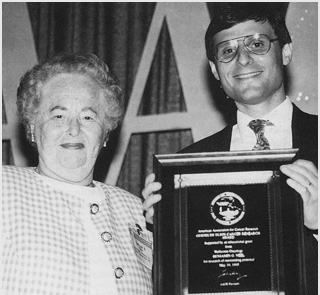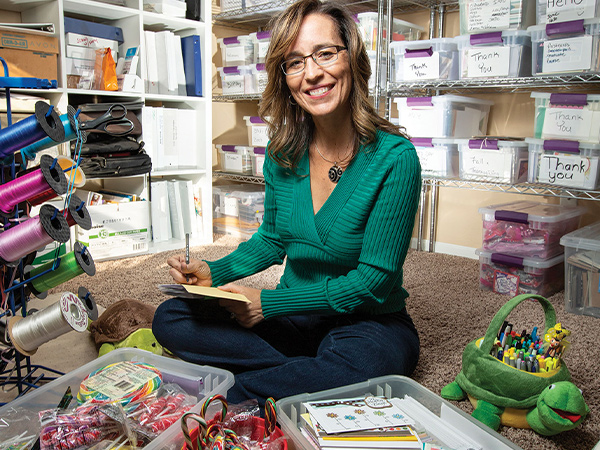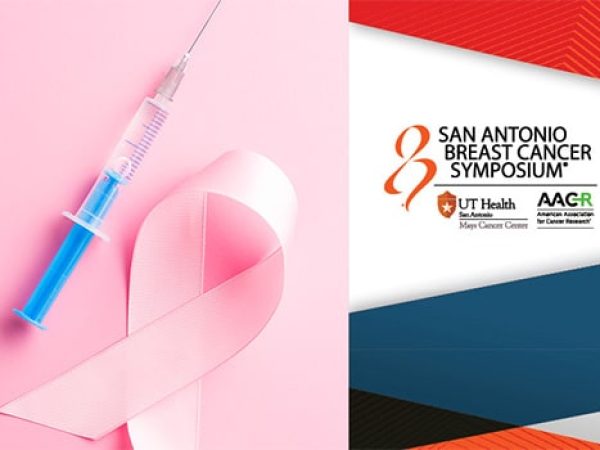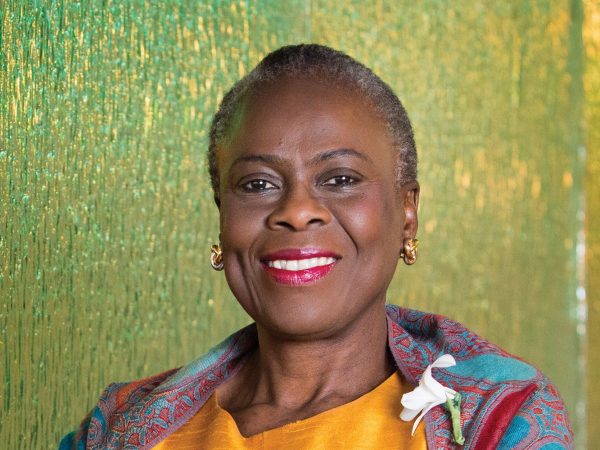Dr. Benjamin Neel: Inspired to Pursue a Career in Cancer Science
“Over the next 25 or 30 years we are going to make major progress toward curing cancers in synergistic ways, and it will happen faster if we fund it adequately.”

During the summer after his junior year in high school, Benjamin G. Neel, MD, PhD, whose grandmother had encouraged him to become a doctor, participated in a National Science Foundation program in biochemistry.
When he returned from the program to start his senior year, Dr. Neel’s grandmother, who had played a major role in raising him and his brother, developed serious back pain that turned out to be metastatic cancer.
“She had – we’re not really sure what kind of metastatic cancer – probably metastatic lung cancer,” he says. “There was nothing for her. I decided then that I was going to do an MD/PhD and become a cancer researcher.”
Dr. Neel went on to earn a degree in biochemistry from Cornell University and pursued a doctorate in viral oncology at The Rockefeller University, along with a medical degree at Cornell University Medical School.
Dr. Neel’s research on the activation of endogenous oncogenes by slowly transforming RNA tumor viruses, which he began as a graduate student at Rockefeller in 1979, has had a significant and long-lasting impact on cancer science. Looking back, he ranks that work as among the accomplishments of which he is most proud, even as his lab continues to perform pioneering and influential research.
After he completed his PhD and MD, he continued his training in Boston at Harvard institutions. In 1988, he earned an appointment as an assistant professor of medicine at Harvard and started his own research laboratory.

In 1993, Dr. Neel was the inaugural recipient of the Gertrude Elion Award of the American Association for Cancer Research. He says it was inspiring to be handed the award by the Nobel laureate whose groundbreaking work in biochemistry and pharmacology earned her a share of the 1988 prize for physiology or medicine.
Moreover, the recognition for his work “was very encouraging.”
Today, Dr. Neel is the director of the National Cancer Institute (NCI)-designated Laura and Isaac Perlmutter Cancer Center at NYU Langone Medical Center. Before taking the helm of the Perlmutter Cancer Center in January 2015, Dr. Neel led Canada’s largest cancer research center, the Ontario Cancer Institute at Princess Margaret Cancer Centre.
A highly respected investigator, Dr. Neel’s research currently focuses on unraveling cell signaling pathways involved in cancer and developmental disease, characterizing the functional genomics of breast cancer, and understanding the nature of ovarian cancer tumor-initiating cells.
Like many, Dr. Neel is concerned about the current state of federal funding for cancer research.
“I never had to get funding as a graduate student because there were plenty of resources in the labs to support graduate students,” he notes, regarding the level of NCI investment in cancer research for graduate students, postdoctoral researchers, and early-career investigators. “NCI funding was at much higher levels than it is today.”
And the funding declines in the last decade come at a critical time when tremendous strides are being made against cancer, he says.
Ten years ago, Dr. Neel says, if you asked an oncologist what were the five worst cancer diagnoses to receive, metastatic melanoma would surely make the list. Yet today, advances in cancer science, including immunotherapy, mean that a diagnosis of metastatic melanoma is no longer a death sentence and some patients are disease-free a decade after treatment.
“Over the next 25 or 30 years we are going to make major progress toward curing cancers in synergistic ways, and it will happen faster if we fund it adequately,” he says.




